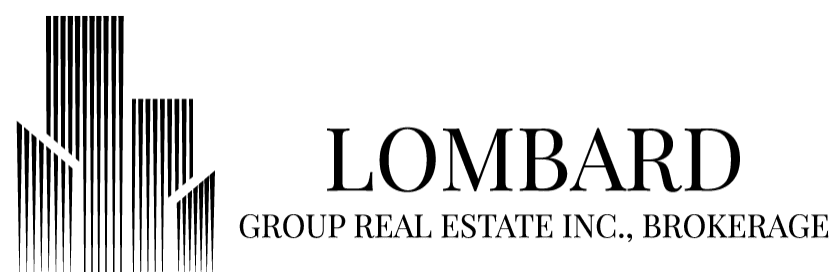
Reach Out Rohit Today To Schedule A consultation and get started on your home buying journey!
Before you start house hunting, it’s important to know how much you can afford. Consider your monthly income, existing debts, and how much you can comfortably spend on housing each month. A good rule of thumb is to keep housing costs (including mortgage, insurance, and taxes) below 30% of your gross monthly income.
Tip: Use online mortgage calculators to get an estimate of what your mortgage payment could look like based on your income, down payment, and interest rate.
The down payment is one of the biggest upfront costs when buying a home. While many first-time buyers believe they need to put down 20%, that’s not always the case. Programs like CMHC (Canada Mortgage and Housing Corporation) may allow for down payments as low as 5% in Canada, though anything below 20% requires mortgage insurance.
Tip: Start saving early and look into down payment assistance programs if applicable.
In addition to the down payment, you’ll need to budget for closing costs, which typically range from 1.5% to 4% of the purchase price. These can include legal fees, home inspection costs, appraisal fees, and title insurance.
Tip: Ask your real estate agent or lender for an estimate of your closing costs so you’re prepared.
Your credit score plays a crucial role in securing a mortgage with favorable terms. Lenders use this score to assess your ability to repay loans. A higher score may help you get a lower interest rate.
Tip: Review your credit report months before applying for a mortgage. If needed, take steps to improve your credit by paying down debt and avoiding late payments.
Getting pre-approved for a mortgage before house hunting will give you a clear idea of your budget and show sellers that you’re a serious buyer. Pre-approval doesn’t guarantee a loan, but it does give you a good starting point for your search.
Tip: Compare mortgage offers from different lenders to ensure you get the best rate and terms.
The location of your new home can impact your lifestyle and long-term investment. Research the neighborhood for factors such as:
- Proximity to work, schools, and amenities
- Local crime rates
- Future developments and growth potential
Tip: Visit the neighborhood at different times of the day to get a better sense of the area’s atmosphere.
As a first-time homebuyer, it’s tempting to buy the biggest or most luxurious home you can afford, but think ahead. Consider how long you plan to live in the home and your future needs. Will the house accommodate a growing family? Is it a good investment for resale?
Tip: Think about your lifestyle over the next 5–10 years and choose a home that fits those needs.
Buying your first home can be daunting, but by planning ahead, understanding your finances, and making informed decisions, you can turn it into a rewarding experience. Working with a knowledgeable real estate agent and mortgage professional will further ensure a smooth process.
Being prepared for these key factors will not only help you avoid common mistakes but also make your journey as a first-time homebuyer more successful and enjoyable!



